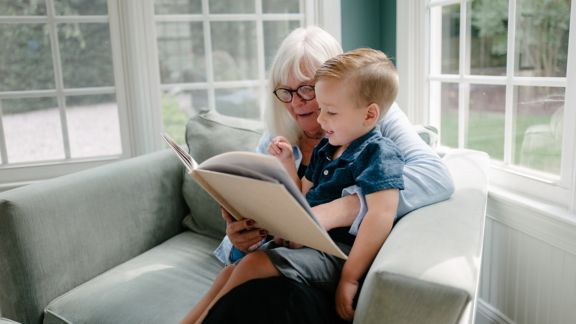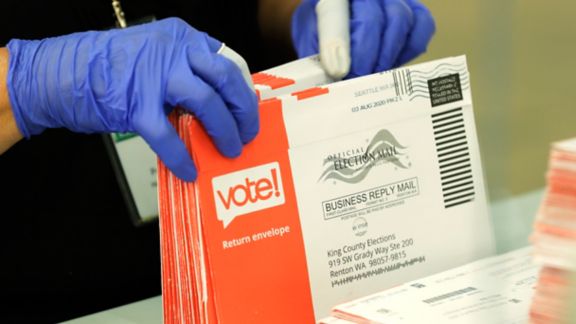Young People, Social Media & Mental Health

Problem
Our evolving understanding of social media’s impact on the mental health of young people needs new data.
Hopelab and Common Sense Media seek to better understand how teens and young adults experience coming of age in an increasingly digital world that amplifies both access to opportunities and exposure to risks. A follow-up on surveys conducted in 2018 and 2020, this third iteration of the project investigates key topics such as prevalence of social media use, experiences with negative and positive online content, social media behavior, experiences with generative artificial intelligence (AI), and the state of young people’s mental health.
The scope of the project allows not only for investigation of the differences between teens (ages 14-17) and young adults (ages 18-22), but also differences among racial and ethnic groups and those identifying as LGBTQ+ to explore the unique encounters and behaviors of these subgroups' experience with social media.
Solution
NORC surveyed more than 1,200 teens and young adults in late 2023.
NORC conducted the nationwide poll from October 4 through November 14, 2023, using AmeriSpeak®, the probability-based panel of NORC at the University of Chicago, and non-probability sample sources. Online interviews were conducted with 1,274 with young people ages 14- to 22-years-old and included oversamples of LGBTQ+, Black, and Latino youth. The margin of sampling error is +/- 5.9 percentage points.
The survey covered a variety of topics including teens and young people’s social media habits and behaviors, the effect of social media on mental health, the current state of mental health, and access to online mental health resources.
Result
Young people have a multifaceted relationship with social media and mental health.
Key findings from the 2023 survey include:
- In keeping with earlier surveys, social media continues to serve as an important place for 14- to 22-year-olds to find resources and support for their well-being and mental health. At least a quarter of teens and young adults have searched online for information on mental health topics such as depression and eating disorders. Many young people are also savvy consumers of information online. Most often they are looking at websites dedicated to mental health, but they also report finding information on YouTube and TikTok.
- While many young people are having positive experiences while using social media, half of young social media users acknowledge that they feel like they need to show the best version of themselves, that posting content opens them up to public criticism and harassment, and that they can’t always control the amount of time they spend while on social media. Further, more than half of social media users report encountering body shaming, sexist, transphobic, racist, or homophobic comments, though the number of young people who report seeing racist or homophobic comments has declined since 2020. When experiencing negative emotions, 14- to 22-year-olds say social media does help them to feel better, and only a small minority say that social media compounds those negative emotions.
- Young people also take an active role in trying to minimize exposure to the negative aspects of social media. To combat the more negative effects of social media, three-quarters of social media users often try to see less of what they dislike, and two-thirds have attempted to curate their feeds to align with personal interests. Six in 10 have stepped away temporarily to avoid spending too much time on it, and 36 percent have stepped away temporarily due to harassment or other negative experiences with people online. Twenty-nine percent have stopped using at least one social media account permanently due to the harassment and other negative experiences they have encountered there.








